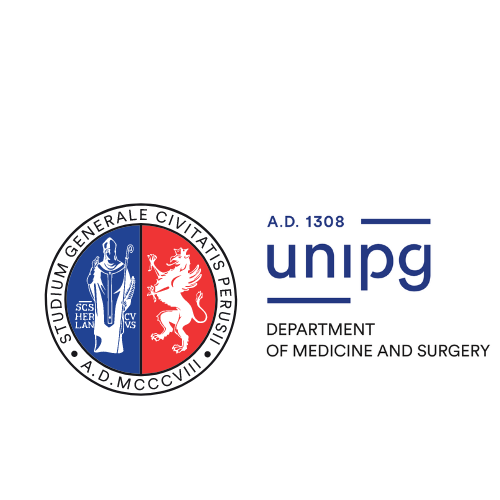The main and specific objective of the Doctorate course is to train new generations of highly professional and multidisciplinary researchers in the field of inflammatory, immune and infectious diseases, capable of meeting and successfully tackling the scientific challenges represented by the knowledge of the human genome, inflammatory and infectious diseases, microorganisms and new and increasingly sophisticated technologies. In a transversal sense, the interdisciplinarity of the course and the important national and international collaborations of the Doctorate teachers will allow students to acquire knowledge in the field of innovative and cutting-edge preventive and therapeutic strategies (such as, for example, in the field of biopharmaceuticals and of personalized medicine) capable of counteracting the emerging challenges in the field of infectious diseases and inflammatory pathologies .
The Doctorate will contribute to the creation of new links between Italian and foreign universities and the industrial world in a specialized scientific field, yet characterized by rapid evolution and multidisciplinarity. All doctoral students will be able to benefit from the interaction and participation/collaboration with the partner companies. In this context, students will have the opportunity to develop applied research projects and participate in the transfer of scientific results to the industrial world. The Doctorate course is divided into 2 curricula which provide for the development of complementary skills in the field of basic, pre-clinical and clinical research and in academic, national and international, and corporate contexts. The students themselves will become protagonists and collaborators of the Doctoral course, proposing and managing scientific research themselves and in collaboration with the course teachers. The Doctorate aims to broaden and deepen the scientific knowledge of doctoral students also through a structured training course developed in collaboration with teachers with a broad national and international scientific profile. At the end of the Doctorate, students will have acquired familiarity with the most innovative technologies of cellular and molecular biology. Furthermore, they will possess notions of a high professional level in the topics of biology of the host-pathogen relationship, inflammatory-based pathologies, immunogenetics and translational immunology and biostatistics, which will allow them to have a wide range of professional opportunities in the academic and industrial world.


